I don’t want to bore readers with too many “back in the day” stories, but I want to start with a memorable moment from my law school life that’s directly relevant to the present moment.
Back in the early 1990s, the conservative legal movement was small. The Federalist Society was nothing like the legal juggernaut it is today. The Alliance Defending Freedom, now the nation’s largest religious-liberty legal organization, didn’t even exist. These days, if you’re a young lawyer who cares about life and religious liberty, there are a number of lavishly funded legal organizations that are happy to train you and hire you.
Back then? Well, you did what my law school roommate and I did on a cold winter’s night in 1992: Get in his battered Honda, drive to a third-tier hotel in Pennsylvania, and attend a “national conference” that was mainly just a few people eating bad chicken in a small conference room.
Still, for me, that conference was a memorable, seminal event. I heard from a man who shaped the way I think and speak about abortion for the rest of my life. Amidst a squadron of religious conservative lawyers, there was a single atheist progressive. He was bearded, disheveled, and quiet, but when he spoke everyone fell silent. Everyone leaned forward to hear what he had to say.
His name was Nat Hentoff. He was a writer for the Village Voice; he’d published in Playboy. He was a progressive civil libertarian. He was also one of the most persuasive pro-life voices in the land.
Ever since the Supreme Court’s decision in Dobbs v. Jackson Women’s Health, I’ve seen a number of people argue that Dobbs is essentially “theocratic,” that it’s the result of a Christian majority of judges imposing their religious beliefs on a religiously-diverse country. To these critics, arguments against abortion are inherently and inescapably religious—which makes laws curtailing abortion a form of state establishment of religion that violates the religious liberty of dissenting Americans.
I respect Matthew Yglesias (and enjoyed his book, One Billion Americans), so it’s worth responding to this assertion, which kicked up an online stir last week:
And it’s worth responding to this tweet as well, in response to our own Andrew Egger:
Matt is wrong. I’ll quote Hentoff:
Once the sperm and the egg meet, and they find a sort of nesting place in the uterus, you now have a developing human being. It’s not a kangaroo. It’s not a giraffe. It’s a human being. And that development in the womb until the person comes out is a continuing process. Therefore, if you kill it at any stage–first three weeks, first three months—you’re killing a developing human being.
Nat’s statement isn’t an assertion of religious dogma but of scientific reality. An unborn child has its own separate DNA. It isn’t a tumor or other form of growth that is an extension of the mother. It’s utterly dependent on its mom to live, no question, but it is a separate human life.
Moreover, it is not an inherently religious decision to grant worth to that life—any more than it’s inherently religious to grant worth to any life. I confess that when you grow up in a fundamentalist church in the rural south, it’s easy to hold a caricatured view of atheists. I don’t think I even met an atheist in my life until I went to college and met the one angry guy whose parents forced him to go to a Christian college to convert him.
(Side note for Christian parents: sending your atheist kids to college for the purpose of evangelism isn’t always a great idea. It can cause great bitterness.)
But I didn’t really know any atheists until I went to law school, and all my caricatures melted away. It wasn’t long before some of the most thoughtful, kind, and ethical people I knew were also people who didn’t believe in God. And yes, they had a high view of the value of human life.
Why?
A friend once explained it to me in these memorable terms. It was because he believed that life was the secular version of a miracle, he said. The idea that evolutionary processes could lead to the creation of a person who could think, feel, and love was one of the most remarkably improbable things that he could imagine. The natural world was a wonder for him, and the natural world included you and me.
This is no fringe view. Atheists are extraordinarily concerned about the environment. Atheists and agnostics are more opposed to the death penalty than any major religious subgroup in America.
Yet atheists are also overwhelmingly pro-choice. But that does not mean that arguments against abortion are inherently religious. One might say that it means that many atheists are inconsistent. Just as many atheists rightly challenge Christians to square their opposition to abortion with their support for the death penalty, I’d challenge my atheist friends to learn about the distinct and separate biological humanity of the unborn child and square their support for abortion with their opposition to the death penalty.
Nat Hentoff couldn’t square that circle. He believed in life as a “seamless garment.” He used a phrase called the “indivisibility of life.” In a 1986 speech, Hentoff wrote that he was deeply influenced by a left-wing thinker named Mary Meehan, and he quoted one of her most famous arguments:
It is out of character for the left to neglect the weak and helpless. The traditional mark of the left has been its protection of the underdog, the weak and the poor. The unborn child is the most helpless form of humanity, even more in need of protection than the poor tenant farmer or the mental patient. The basic instinct of the left is to aid those who cannot aid themselves. And that instinct is absolutely sound. It’s what keeps the human proposition going.
This is not an inherently religious argument. It is an argument that reached a man who did not believe in God. It is a moral argument, and moral arguments are not the exclusive prerogative of people of faith.
In fact, while pro-life leaders often make religious arguments—especially to religious audiences—when you talk to veteran pro-life volunteers, they’ll tell you that biology, not the Bible, is often their greatest weapon the in the battle of ideas.
Why do crisis pregnancy centers constantly seek funding for ultrasounds? Why is one of the best, most concrete things you can do for life is to donate for ultrasounds? It’s because of the biological reality that ultrasounds reveal. Parents reading this thread likely can immediately remember the feeling of incredible joy when they heard that first fetal heartbeat. Many of you posted ultrasound pictures on your refrigerator doors.
The reason is simple—those images were pictures of a baby. Your baby. That heartbeat and those movements showed that it was alive. Surely it’s not just “religious” to recognize the value of that life.
I certainly recognize that understanding the biological facts of life doesn’t end the legal or philosophical debate over abortion. Moral, philosophical, and yes religious arguments come to bear when determining what weight to give to competing interests and how much power we should delegate to the state to protect unborn life.
But one thing I know for certain: An atheist American can look at the shared humanity of the unborn child and believe it is just and wise to extend legal protections to recognize its immense worth and value. My friend and former National Review colleague Charles C.W. Cooke is an atheist, and he wrote powerfully last year to explain why he’s pro-life. I love the way he ended his piece:
Over the years, I have had all manner of intricate explanations thrown in my face as to why I, a nonbeliever, might be so invested in saving the lives of human beings who, if left to their own devices, will get to experience all the beauty, heartbreak, and mystery of life. But, all told, the answer is simple: I am one.
Later in life I had the pleasure of getting to know Nat Hentoff. He was on the Foundation for Individual Rights in Education’s board of advisers, and I was one of the first members of FIRE’s legal network and FIRE’s first president. And I have to say—Nat challenged me. Pope John Paul II’s Evangelium Vitae helped reshape my theology of life, but Hentoff helped reshape my politics.
He made me question what it meant to be thoroughly and comprehensively pro-life, rather than merely anti-abortion. Indeed, he helped teach me that one can’t truly be effectively anti-abortion absent a comprehensive world view that values life at all stages and through all perspectives, including philosophical, moral, cultural, and political. It doesn’t mean that he made me progressive (he didn’t), but it does mean he helped reshape the lens through which I view public policy.
An atheist did that for me, and I’m forever in his debt. So no, while many religious people oppose abortion, pro-life laws are not “theocratic.” It does not take a religious believer to understand that biological realities carry with them moral implications, and it does not take a religious believer to place great weight on the value of an unborn child.
And thus I make the same ask of my atheist friends that they make of me. If I value life, they say, I should be consistent. Value it from conception to natural death, including taking great care to enrich the lives of mothers and children after the child is born and to preserve the wonder of the world in which they live.
To which I say, “Deal.” Let’s value all human life, from conception to natural death, including taking great care to preserve the life of the child in the womb. We might not agree on faith, but we can agree on biology, and biology implicates morality. There is a secular case for life.
One more thing …
This week’s Good Faith podcast is a bit different. Curtis is back from a short sabbatical, and we wanted to talk about two subjects we don’t discuss enough—rest and remembrance. When is a vacation not “rest”? Why do we need to rest? (By the way, I’m the worst person in the world to talk about this, so I mainly just let Curtis tell me truths I need to hear.)
We end with a discussion of the 9/11 memorial and the Statue of Liberty that reminds us of how memory shapes identity. It’s a great episode. Give it a try.
One last thing …
I love this song, an anthem of the divine miracle of spiritual resilience by one of my favorite artists, Kristine DiMarco. Enjoy:
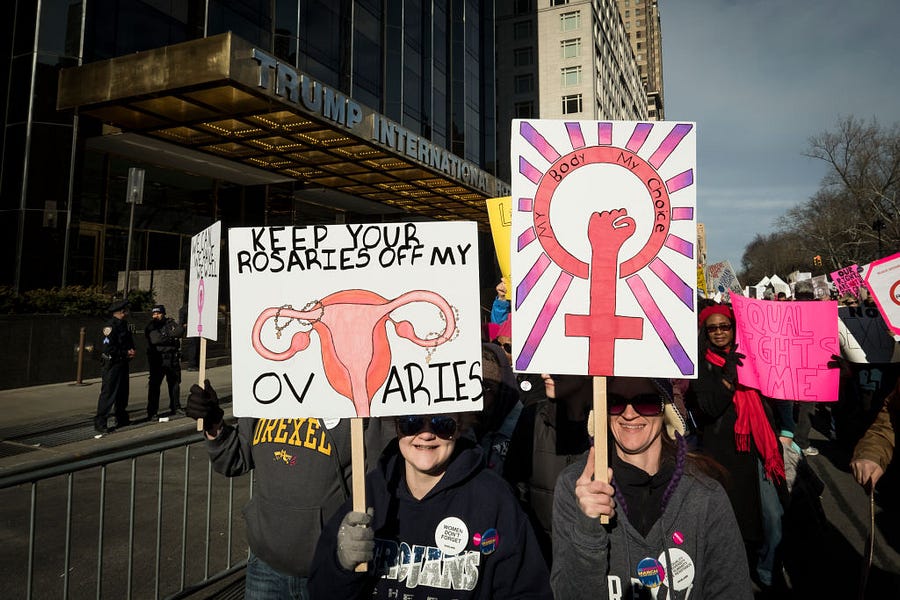


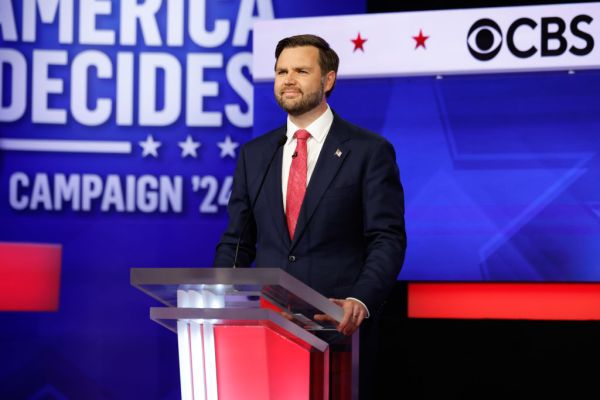
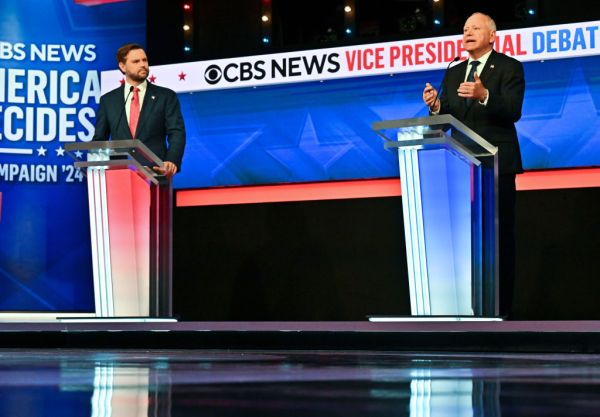
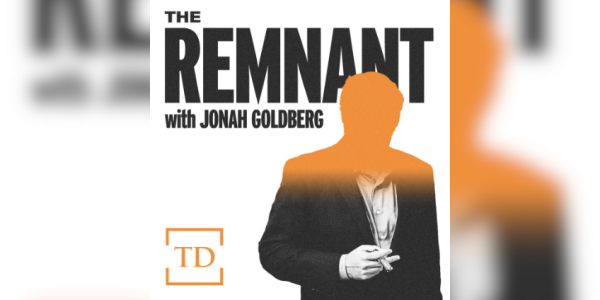
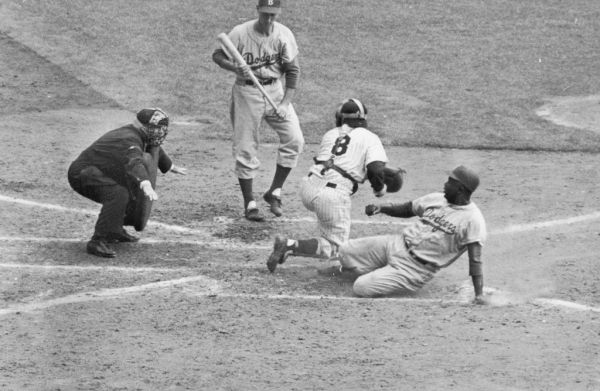

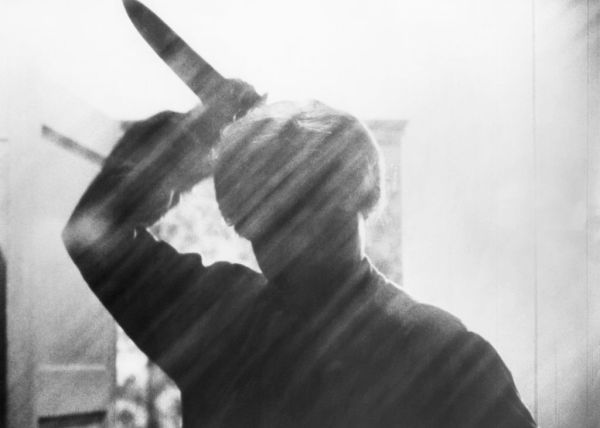
Please note that we at The Dispatch hold ourselves, our work, and our commenters to a higher standard than other places on the internet. We welcome comments that foster genuine debate or discussion—including comments critical of us or our work—but responses that include ad hominem attacks on fellow Dispatch members or are intended to stoke fear and anger may be moderated.
You are currently using a limited time guest pass and do not have access to commenting. Consider subscribing to join the conversation.
With your membership, you only have the ability to comment on The Morning Dispatch articles. Consider upgrading to join the conversation everywhere.